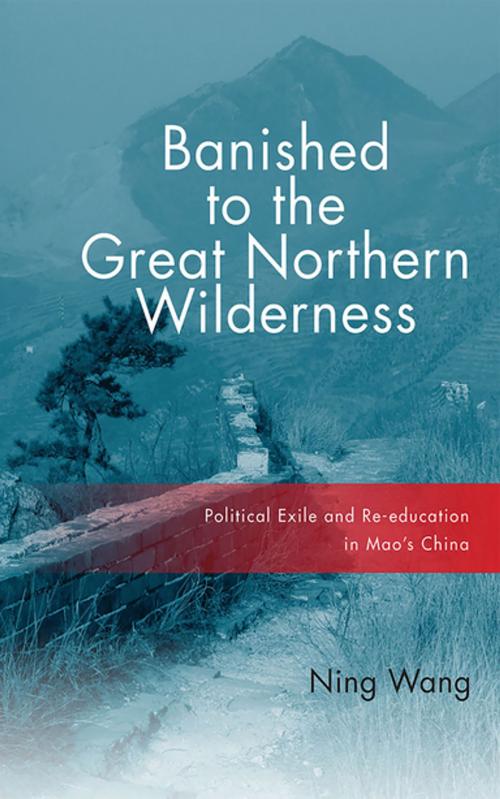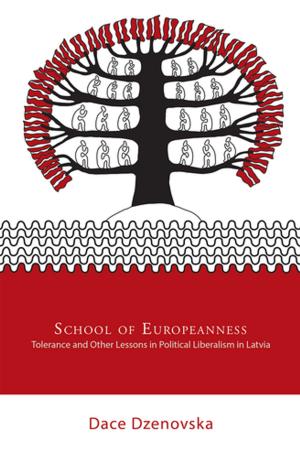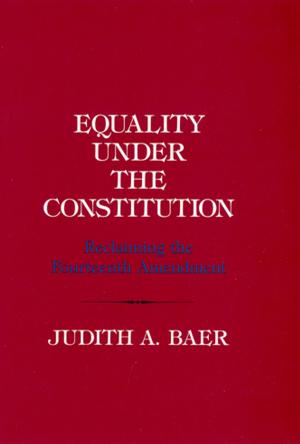Banished to the Great Northern Wilderness
Political Exile and Re-education in Mao’s China
Nonfiction, Social & Cultural Studies, Social Science, Crimes & Criminals, Penology, History, Asian, China| Author: | Ning Wang | ISBN: | 9781501714023 |
| Publisher: | Cornell University Press | Publication: | September 15, 2017 |
| Imprint: | Cornell University Press | Language: | English |
| Author: | Ning Wang |
| ISBN: | 9781501714023 |
| Publisher: | Cornell University Press |
| Publication: | September 15, 2017 |
| Imprint: | Cornell University Press |
| Language: | English |
After Mao Zedong’s Anti-Rightist Campaign of 1957–58, Chinese intellectuals were subjected to "re-education" by the state. In Banished to the Great Northern Wilderness, Ning Wang draws on labor farm archives, interviews, and memoirs to provide a remarkable look at the suffering and complex psychological world of these banished Beijing intellectuals. Wang’s use of newly uncovered Chinese-language sources challenges the concept of the intellectual as renegade martyr, showing how exiles often declared allegiance to the state for self-preservation. While Mao’s campaign victimized the banished, many of those same people also turned against their comrades. Wang describes the ways in which the state sought to remold the intellectuals, and he illuminates the strategies the exiles used to deal with camp officials and improve their chances of survival.
After Mao Zedong’s Anti-Rightist Campaign of 1957–58, Chinese intellectuals were subjected to "re-education" by the state. In Banished to the Great Northern Wilderness, Ning Wang draws on labor farm archives, interviews, and memoirs to provide a remarkable look at the suffering and complex psychological world of these banished Beijing intellectuals. Wang’s use of newly uncovered Chinese-language sources challenges the concept of the intellectual as renegade martyr, showing how exiles often declared allegiance to the state for self-preservation. While Mao’s campaign victimized the banished, many of those same people also turned against their comrades. Wang describes the ways in which the state sought to remold the intellectuals, and he illuminates the strategies the exiles used to deal with camp officials and improve their chances of survival.















